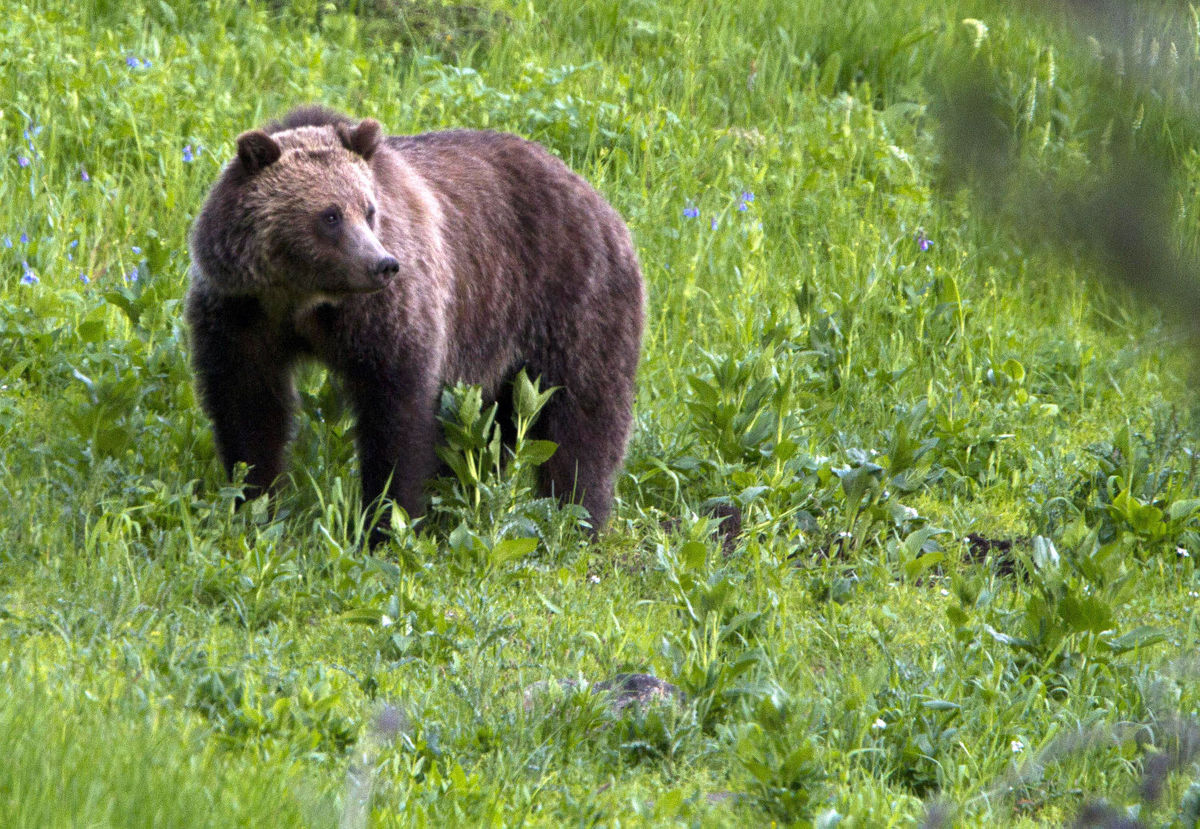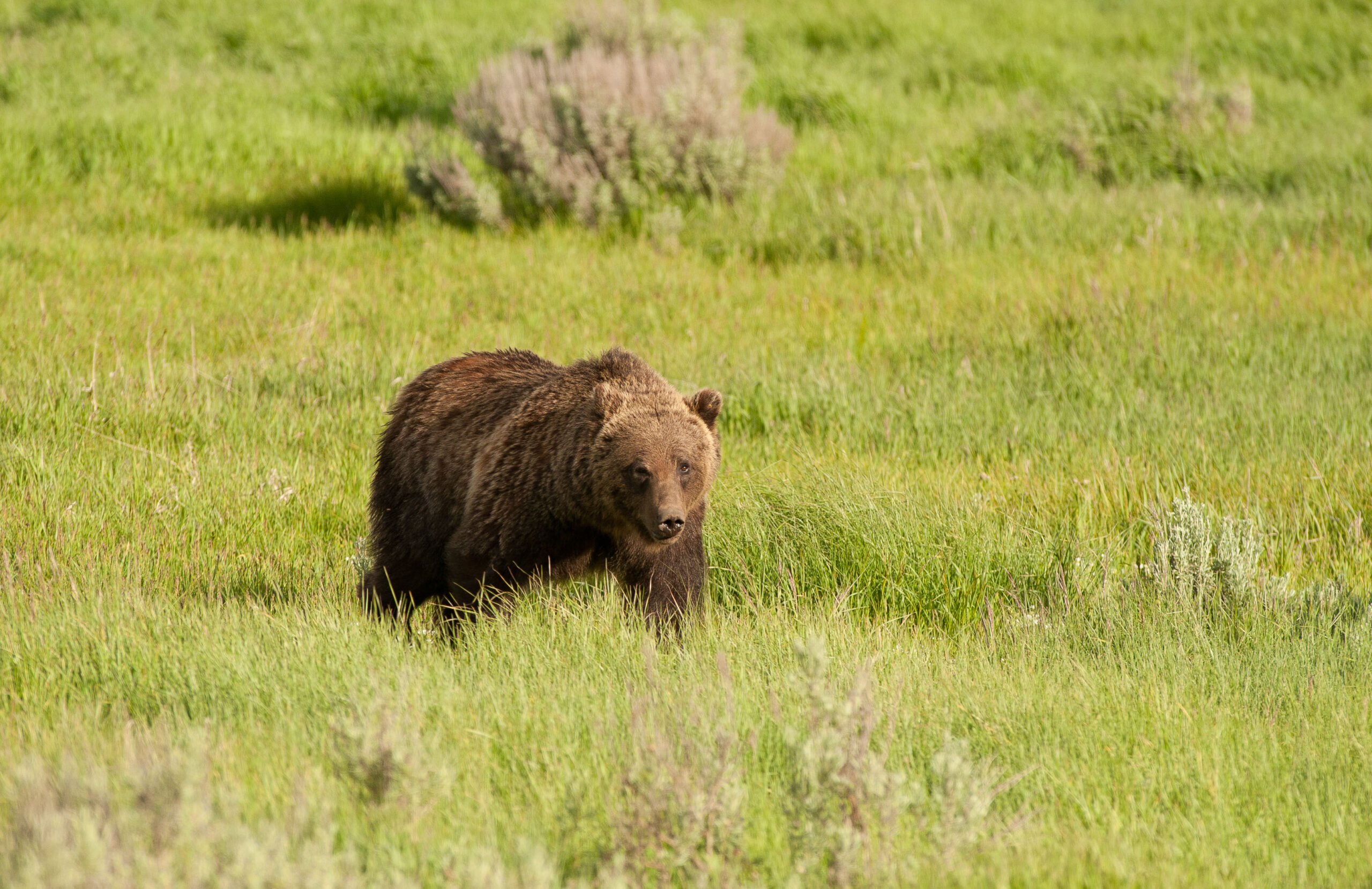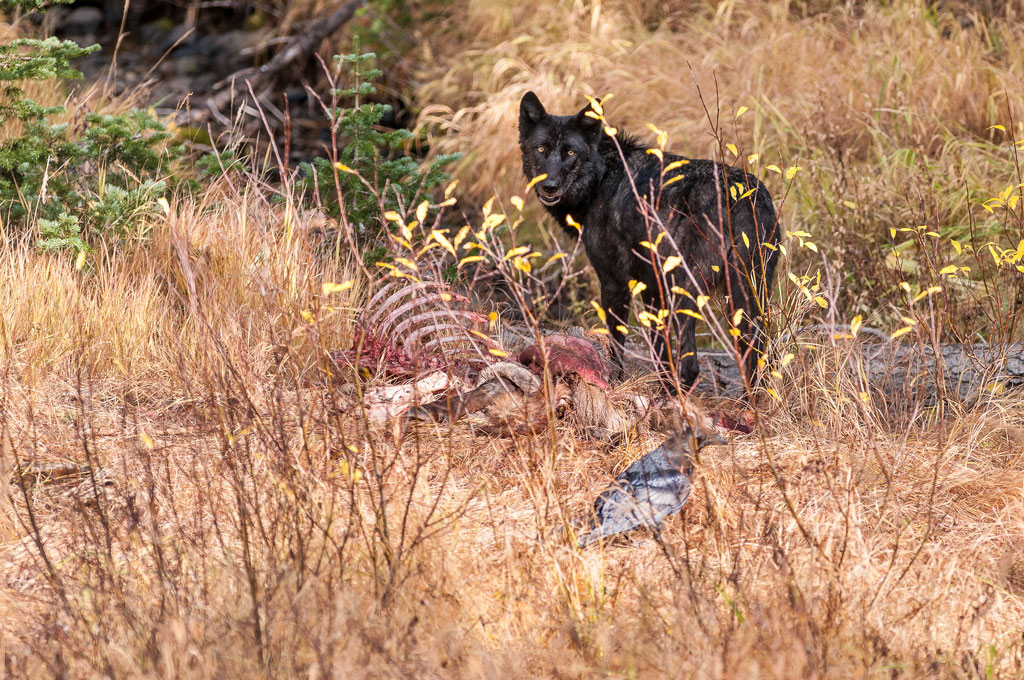
Battle lines will be drawn in fight over delisting grizzly bears
“What we have in our backyards here is a really rare resource. Not just in the lower 48, but on the entire planet.”

“What we have in our backyards here is a really rare resource. Not just in the lower 48, but on the entire planet.”

by Wyoming Wildlife Advocates | MARCH 3, 2016 The US Fish and Wildlife Service today proposed to remove Yellowstone grizzly bears from the protections of the Endangered Species Act. Wyoming Wildlife Advocates believes removing these protections is premature. Due to the increasing effects of climate change and loss of critical

Proposing to remove Yellowstone’s grizzlies from the Endangered Species List is a “strictly political” decision says grizzly bear scientist David Mattson. Attribution: Yellowstone Insider Source: Wildlife Biologist Says It’s Too Soon To Delist Yellowstone Grizzlies
A new report from UNESCO, the Union of Concerned Scientists and UNEP says some World Heritage sites — including Yellowstone National Park — are under “dire threat from climate change”, and some may be damaged beyond saving. “America’s Yellowstone National Park is also seeing firsthand effects of climate change as
In the first legal skirmish since the US Fish and Wildlife Service proposed delisting the grizzly bears of the Greater Yellowstone Ecosystem, a lawsuit has been filed against the Wyoming Game and Fish Department and the Commission that oversees it’s affairs.
Greater Yellowstone Coalition executive director Caroline Byrd has written a strongly worded op-ed piece in the Bozeman Daily Chronicle. In it she remarks that the states are “intentionally managing for a decline of grizzlies” and “will turn a remarkable 40-year recovery process and $40 million investment into a failure.”
Greater Yellowstone Coalition executive director Caroline Byrd has written a strongly worded op-ed piece in the Bozeman Daily Chronicle. In it she remarks that the states are “intentionally managing for a decline of grizzlies” and “will turn a remarkable 40-year recovery process and $40 million investment into a failure.”

Based on available evidence, non-lethal predator control is more effective than lethal means That is the conclusion of scientists who reviewed the scientific literature regarding effectiveness of various means of predator control. “Non-lethal controls were more effective than lethal methods in preventing carnivore predation on livestock.” At least two lethal
Receive alerts on the latest issues and updates on our work
Copyright © 2022 - 2025 WYOMING WILDLIFE ADVOCATES. ALL RIGHTS RESERVED.
